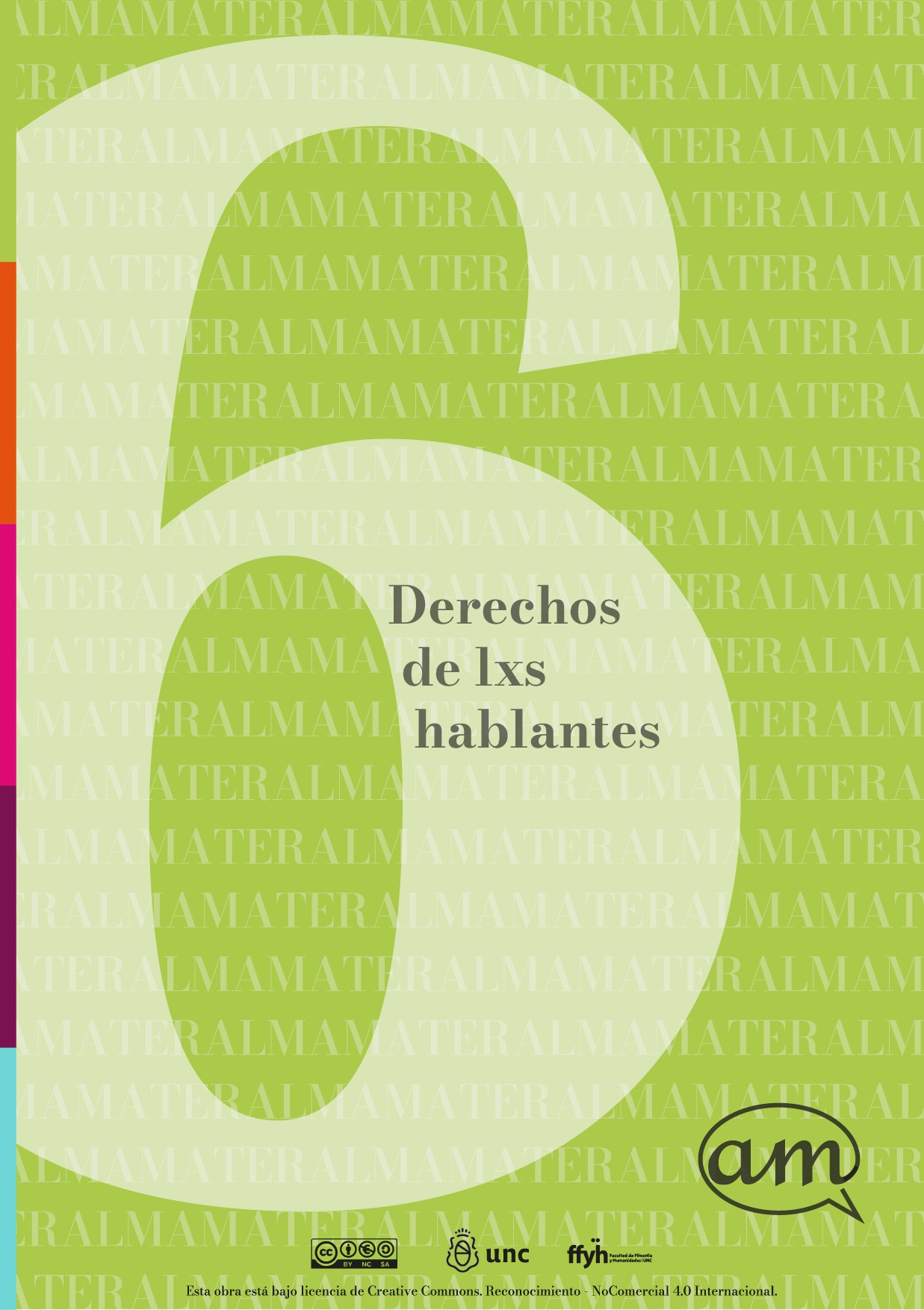The silenced plurality: Challenges of the indigenous language in the face of the hegemony of the national language on television.
Keywords:
Linguistic diversity, dominant variations, minority languages, marginalizationAbstract
Throughout history, languages have been disputed for political power and the preservation of certain national ideals conveyed in them. Such discrepancies have led to struggles for the recognition of minority languages. The impositions and suppressions of dominant languages, especially during the colonization of the Americas, have led to the marginalization of vernacular variations in political, economic and academic spheres. In this paper we will explore how linguistic diversity, particularly indigenous languages, are overshadowed by the construct of the national language. We will use as an example an episode of the Argentine program “Bien de mañana” (Canal 13), in which the marriage of Kantuta Killa and Wari Rimachi was mocked for their language and clothing. This incident occurred on August 24, 2023, when the couple, originally from Jujuy, protested against the recently voted Constitution in their province, arguing that it affects their right to have a say on the country's natural resources.

Downloads
Published
Issue
Section
License
Copyright (c) 2024 Maria Constanza Alfaro, Mariel Aldana Arteaga Urzúa

This work is licensed under a Creative Commons Attribution-NonCommercial 4.0 International License.
Los textos están protegidos por una Licencia Creative Commons Atribución/Reconocimiento-NoComercial 4.0 Licencia Pública Internacional — CC BY-NC 4.0. Dicha licencia autoriza a a terceros utilizar lo publicado, siempre que se otorgue el adecuado reconocimiento; se mencione la autoría del trabajo y la publicación en la revista Alma Máter y no se haga uso del material con propósitos comerciales.





